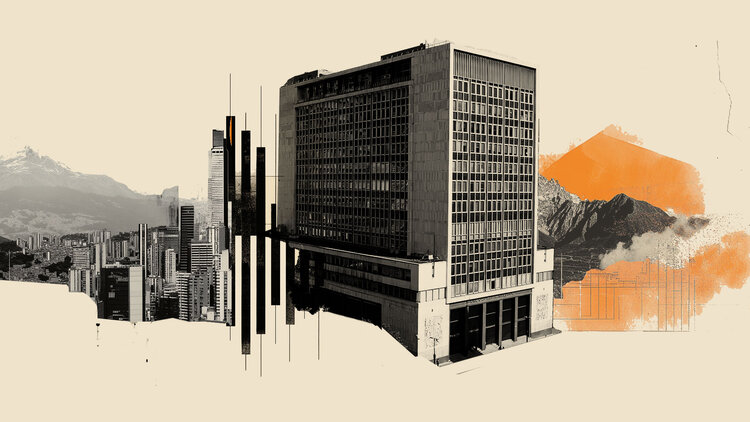Albert Einstein, Nobel Prize for Physics, author of the theory of relativity, was as talented as a scientist, as lacking as a father. «He reasoned with Freud on the inhumanity of any war, while it represented the failure of fatherhood». Stalin, on the other hand, confirmed even in his family the harshness that characterized him in public life. On the other hand, his example was a distant and cold father, who had planted the seed of hatred in him.
In addition to their fame, historical figures have had to deal with the private dimension, and have had to deal with the difficulties of being fathers and sons. Laura Gaetini, marriage lawyer in Turin and expert in family lawhas re-read their biographies from an unedited point of view, recounting the relationship with parents and offspring, in his book «A tailored father» (Araba Fenice editions). «My profession has taught me to approach family relationships and to understand them. My professional experience is the perspective from which I observe the protagonists of the book. They are human stories, of fathers and sons, which, however distant in time, remain current».
Why did you focus your attention on fathers?
«Because men have to make an extra effort to become parents, fathers. When a pregnancy is desired, the mother becomes pregnant immediately, the moment she discovers she is pregnant (but it also happens when the child is adopted: the woman immediately becomes a mother). The father, on the other hand, succeeds only when he manages to build a relationship with his son. In my professional experience, mothers are more often positive figures: they don’t abandon their children, they take care of them even and above all when they are in difficulty. Fathers not always.”
And why this biographical research of historical figures?
«I’ve been a lawyer who has been dealing with family law for 27 years, and I’ve learned that to do this job well, it’s not enough to know the Civil Code: you need to go to the bottom, to understand how families work from within. The advice I give to my clients depends on their life priorities: I always try to understand how their intimate relationships are structured. I shifted this point of view to famous figures: wondering what kind of fathers and husbands they were came naturally to me».
The events that struck you most deeply?
«For me the last story I told is very significant, and which is contemporary. It is that of a single man, Roberto Spada, who is also a friend of mine, and who became a father, taking a boy into foster care and then adopting him. I wanted to let people know that, even if singles cannot adopt, they have the right to take a child into foster care, and then adopt him once he is of age, just like Roberto did. A story with a happy ending, however complicated: they were in therapy together, because they strongly wanted to become father and son. And they did it.”
Laura Gaetini
The healthiest relationship, among those you have told?
«It might seem paradoxical, but it is that of Pope Borgia with his children. He’s had four from the same woman, and he’s spent his life trying to fix them right. Once the duties at the Vatican were over, he went to dine with them. He was a great father, affectionate, who cared about his children and their well-being. And the fact that he had become a father wasn’t even so scandalous: the Council of Trent intervened half a century later to impose celibacy ».
The most dysfunctional relationship?
«That of Stalin, both with the father and with the children. He never denied himself: he was terrible with the people and also with the family. But also that of Suleiman the Magnificent, who killed his eldest son to favor the children of his second wife to the throne. I also see it in my profession: for a woman, children are always all the same, while for men a lot depends on the relationship they have with their mother”.
Are there other typical behaviors that you have found in historical biographies?
“Human behaviors are very similar and repetitive. Quite typical is the flight of fathers in front of a son in difficulty, perhaps disabled. While the mothers remain in their place».
Is it better for children to have a dysfunctional father or not at all?
«Let’s think of Chanel: the lack of a father marked her throughout her life. She, her dad, had invented it, and she told it very differently from how she really was. For the balance of children, it is essential that there are fathers, and that they are present. And-unless he’s violent-a father with his shortcomings, limitations and awkwardness is better than an absent father. Because, otherwise, you risk spending your whole life wondering about a ghost. The absence of a father is more poignant than his presence.’
Source: Vanity Fair
I’m Susan Karen, a professional writer and editor at World Stock Market. I specialize in Entertainment news, writing stories that keep readers informed on all the latest developments in the industry. With over five years of experience in creating engaging content and copywriting for various media outlets, I have grown to become an invaluable asset to any team.







